Mikel Arteta at Arsenal: Assessing the manager's start, from transfers to tactics
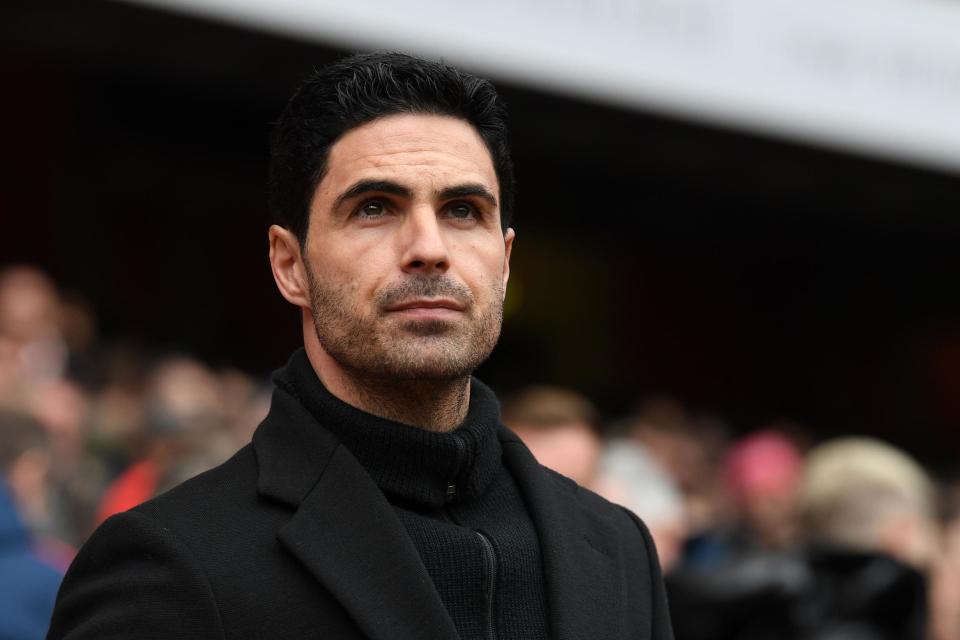
Just five days before he was appointed as the head coach of Arsenal, Mikel Arteta was given a clear indication of the challenge ahead of him.
The Spaniard was at Emirates Stadium on December 15 with Manchester City in his role as Pep Guardiola’s assistant and he watched as his side dismantled Arsenal 3-0.
It was a clinical and comprehensive victory and one that took place in front of a deflated home crowd, who were becoming more and more disillusioned with every match.
Just hours after the final whistle Arsenal’s managing director, Vinai Venkatesham, and director of football operations, Huss Fahmy, were photographed outside Arteta’s house in Manchester after identifying him as the man they wanted to rebuild the club.
Unai Emery’s departure in November had led to Freddie Ljungberg being placed in interim charge, but after five matches the Arsenal hierarchy decided it was time to make a permanent appointment.
After missing out on the job to Emery in 2018, it was initially unclear if Arteta would leave Manchester City for Arsenal this time around.
Five days after Fahmy and Venkatesham were pictured outside Arteta’s house, however, the Spaniard was unveiled as Arsenal’s new head coach and here Standard Sport assesses his start to life in north London.
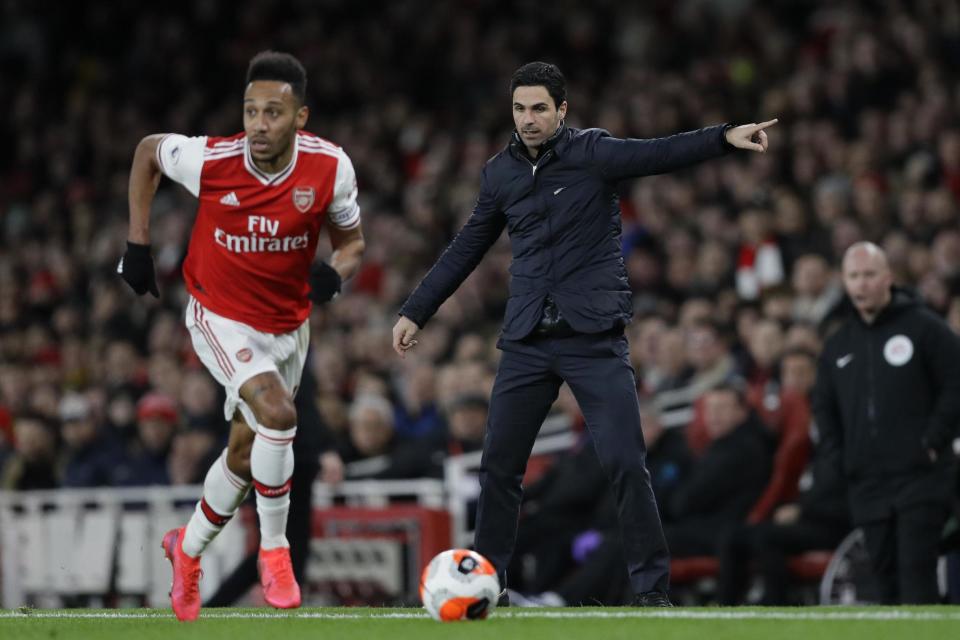
Tactics
During the final days of Emery’s tenure at Arsenal a familiar theme was developing during matches.
Games were so end-to-end that they were resembling basketball matches and in the Spaniard’s final seven games in charge the Gunners conceded a staggering 113 shots on goal.
Given the ease with which Arsenal were conceding shots on goal it is perhaps unsurprising that Arteta has begun his rebuild from the back.
When he was appointed many expected the Spaniard to bring Guardiola’s flowing, attacking football from the Etihad to the Emirates - but instead he has focused on the defence.
Arsenal - usually lining up in a 4-2-3-1 formation - have become solid at the back and that is in no part down to the performances of David Luiz.
The Brazilian has emerged as a leader at the back and he’s formed an unlikely partnership with Germany international Shkodran Mustafi.
Together the duo have tightened Arsenal up at the back, but they have been helped by those ahead of them putting in the hard yards.
Just like at City, Arteta has ensured Arsenal defend from the front and that has been key to their newfound steel in defence.
The likes of Pierre-Emerick Aubameyang have bought into the shape and system and, so far, it is paying off as since Arteta was appointed they’ve kept seven clean sheets. Emery and Ljungberg managed six between them all season.
Now, Arteta’s challenge is to get Arsenal’s attack clicking into gear.
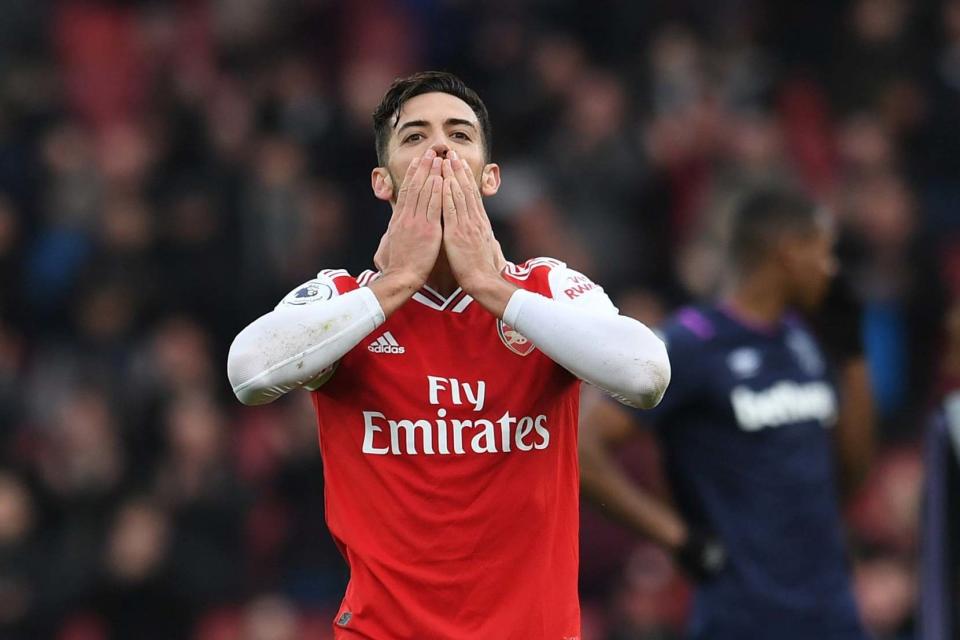
Transfers
It will not be until this summer’s transfer window - or whenever the next one may be - that we can truly judge Arteta’s success in the market.
The Arsenal hierarchy never like spending during the January transfer window, primarily because they believe it lacks value, and instead they prefer to recruit in the summer.
As a result, Arteta’s first window at Arsenal was a quiet one in January but we did still see two additions to the squad.
Both Cedric Soares and Pablo Marri arrived on loan, with their arrivals again emphasising Arteta’s desire to bolster the defence.
Like many clubs, Arsenal work as a team on transfers but Arteta, of course, has an input and stresses what areas need strengthening.
Full-back was a position Arteta highlighted early on when he responded to a question in a press conference about a lack of centre-backs by explaining he has no full-backs.
Cedric is yet to kick a ball for Arsenal due to injury so we cannot judge him, but Mari has shown promise in his first outings.
The Spaniard looks accomplished on the ball and his reading of the game makes up for a lack of pace. It would be a shock if Arsenal didn’t make his move permanent.
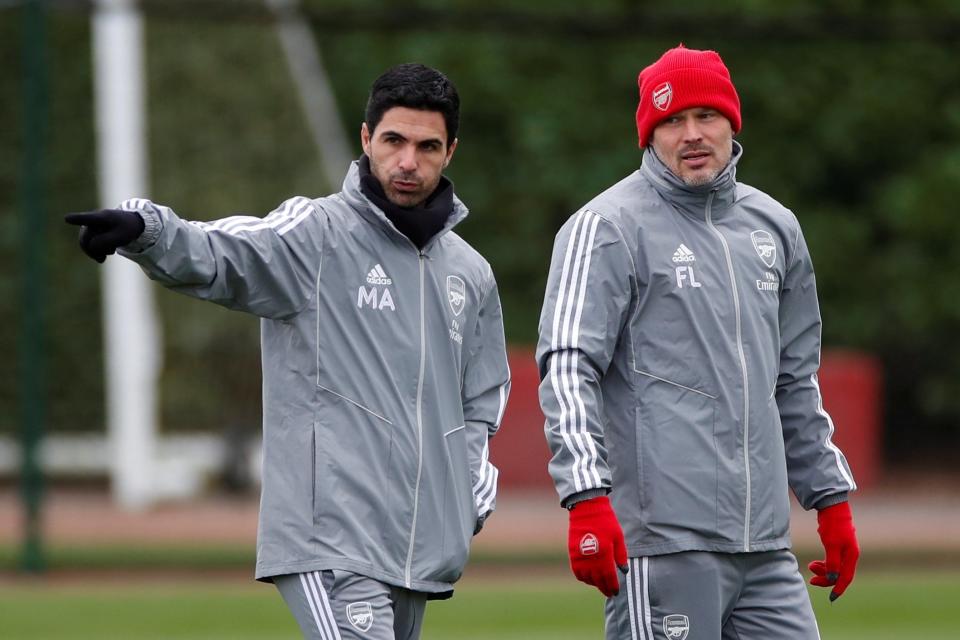
Man management
Without doubt this area has been Arteta’s greatest success since taking charge of Arsenal.
Those at the club already knew about the Spaniard’s man management skills from his days as a player there, but he has excelled even beyond those expectations.
When he was appointed in December, Arteta made a point of visiting all of Arsenal’s non-playing staff at their offices.
He greeted them and told them they must stay together as a team and - as cliche as it sounds - he really has united the club.
Arteta has brought players in from the cold who were previously ostracised by Emery, with Mustafi a prime example.
The German was told last summer to find a new club, but Arteta gave him - and everyone else for that matter - a clean slate and he has won his place back.
Mesut Ozil has looked reinvigorated too, while Arteta has even managed to reintroduce Granit Xhaka after his public spat with fans.
The midfielder swore at his own supporters and was stripped of the captaincy under Emery, and he revealed to Standard Sport he was consequently ready to leave in January.
Xhaka, however, was persuaded to stay by Arteta and he has since been one of the team’s most solid performers.
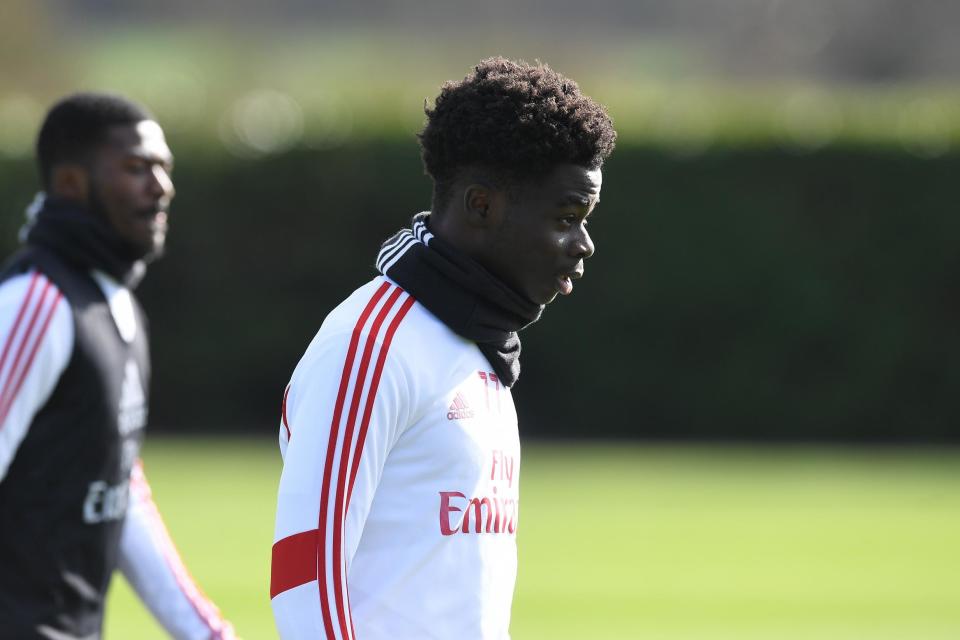
Youth
As a club Arsenal are very keen to promote players from their academy and it is a key part of their strategy going forward.
In fairness to Emery, at the start of this season we did see flashes of brilliance from youngsters integrated into the first team.
Those moments, however, dried up as the side’s decline coincided with young players finding it hard to excel.
Arteta has promised to give youth a chance and players will be picked based on their performance in training - not their age or wage.
Bukayo Saka has continued to impress under the Spaniard, while the fact Eddie Nketiah was prevented from going on loan in January underlines how he should get chances going forward.
Forwards Gabriel Martinelli and Reiss Nelson have also been handed opportunities to shine, with the latter particularly singled out by Arteta as a possible star for the future.
We will have to wait to see how much faith Arteta puts in young players, but the first impressions are certainly very promising.

 Yahoo Sport
Yahoo Sport 





































